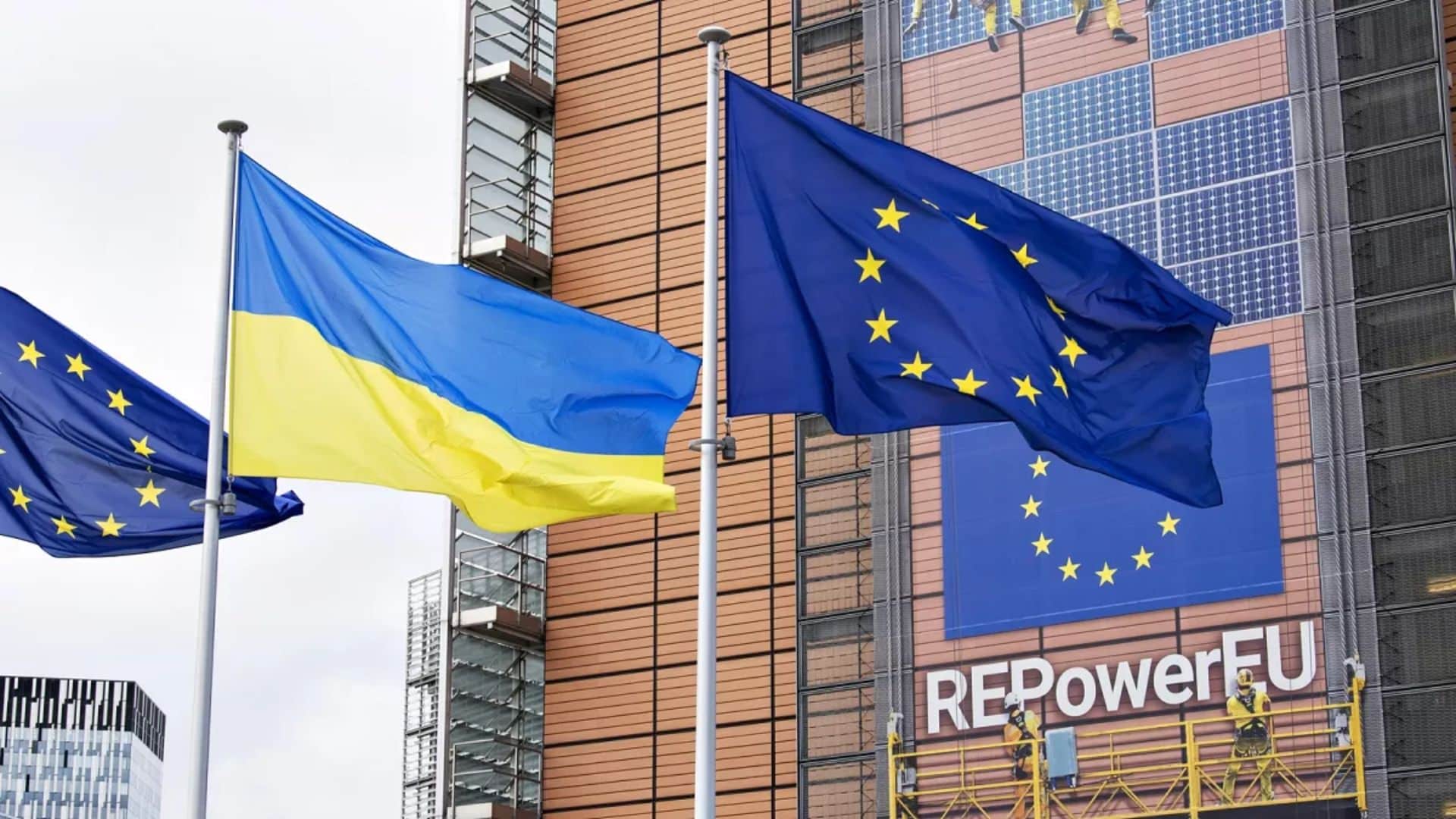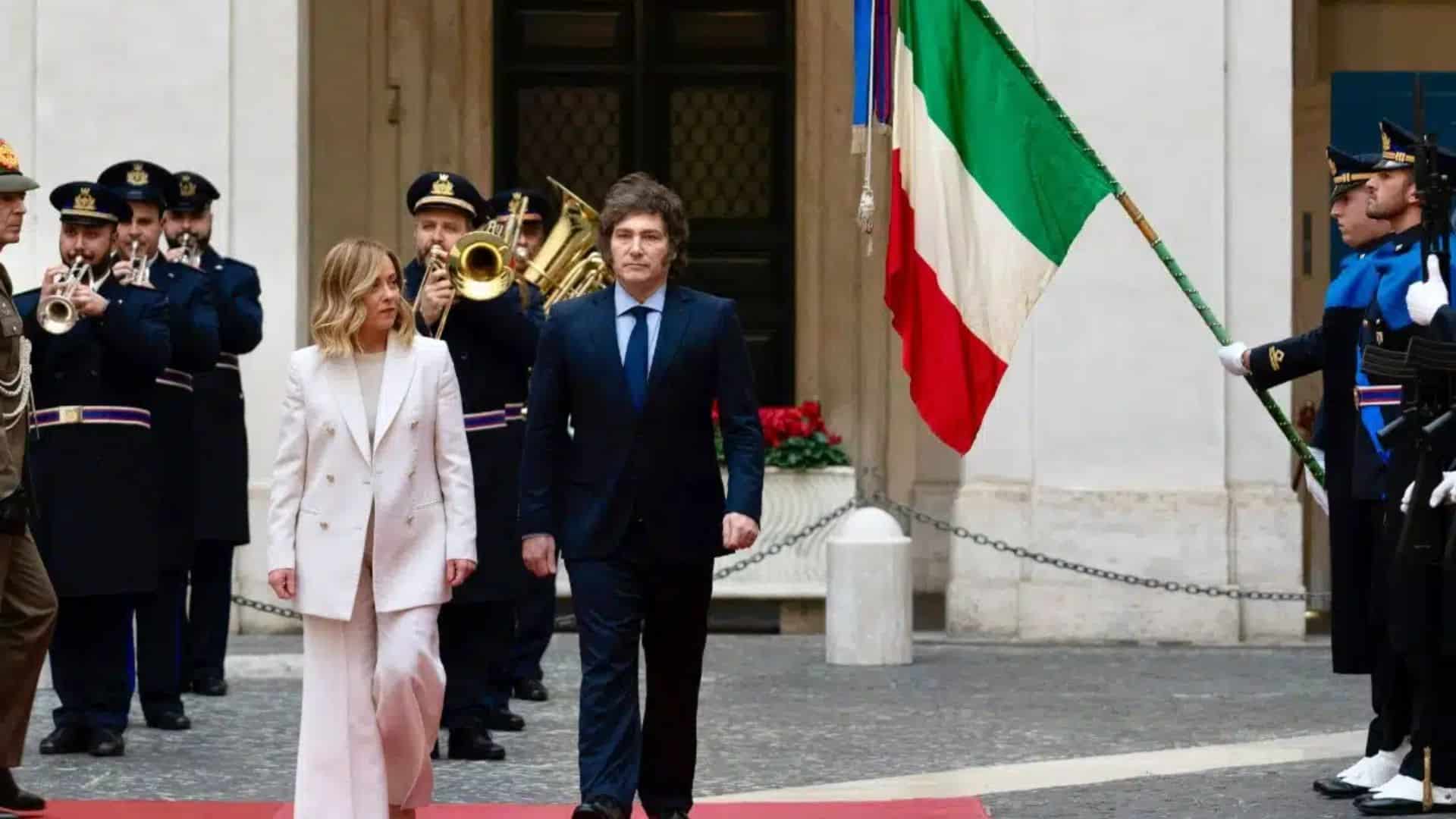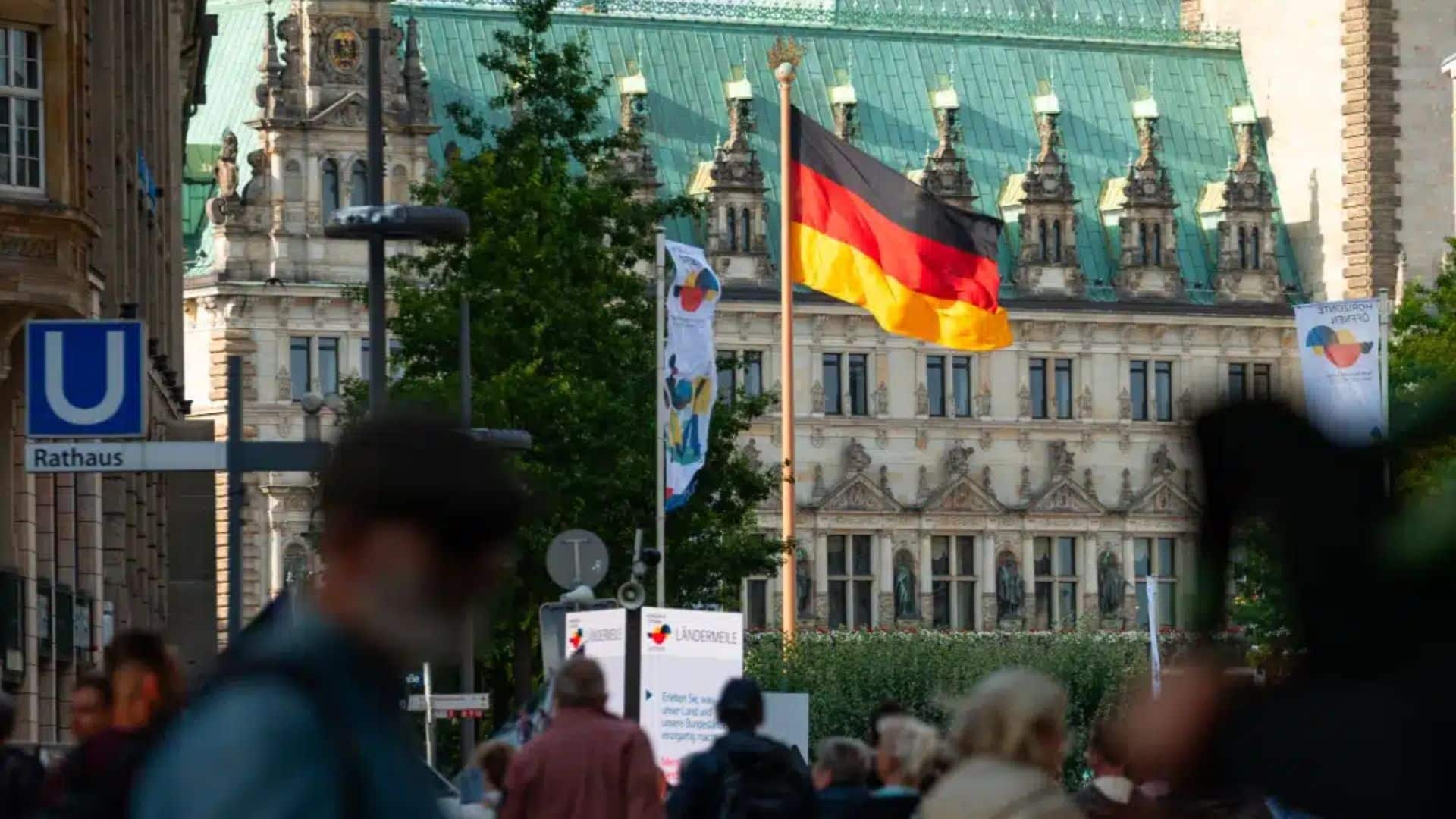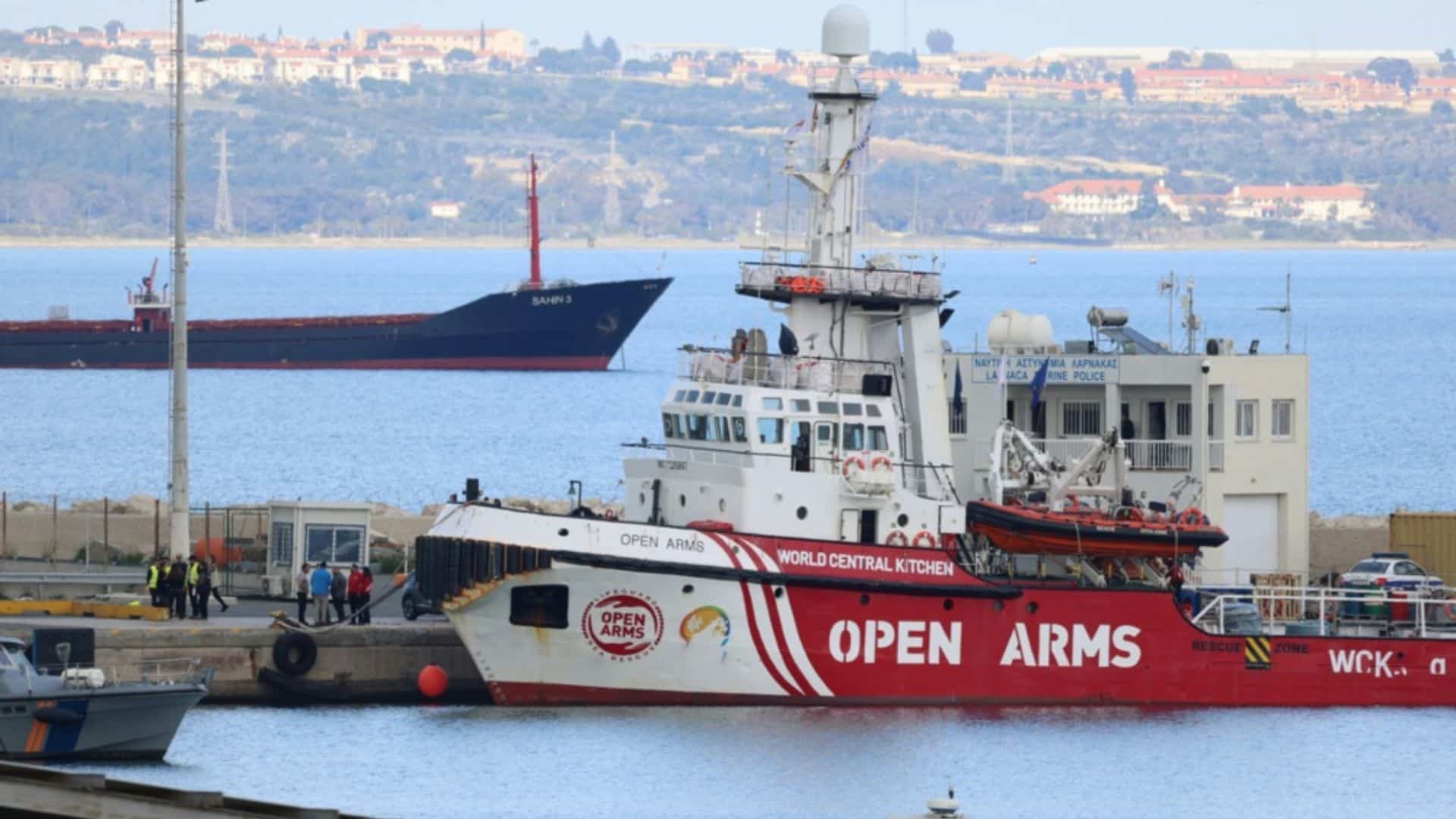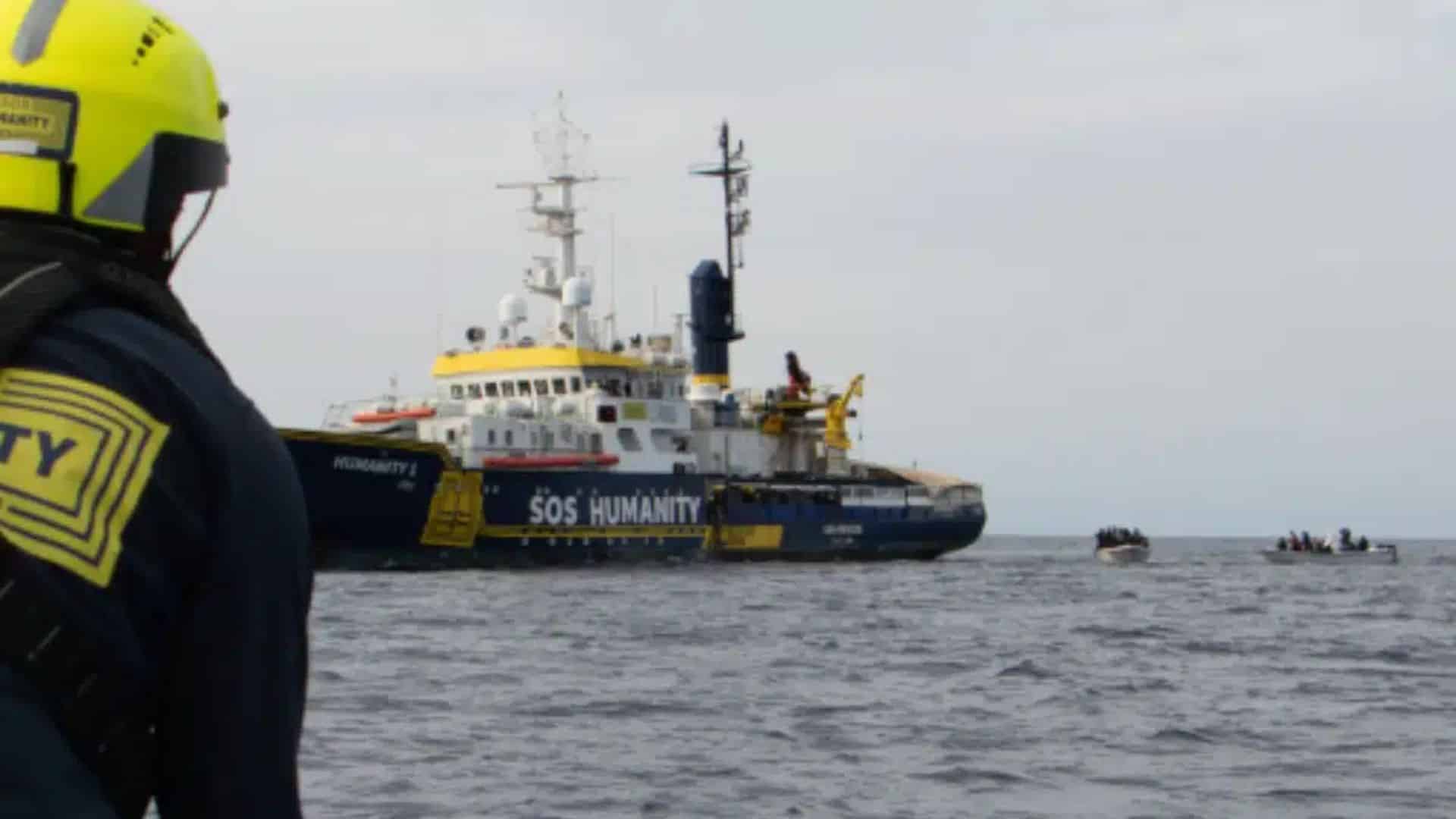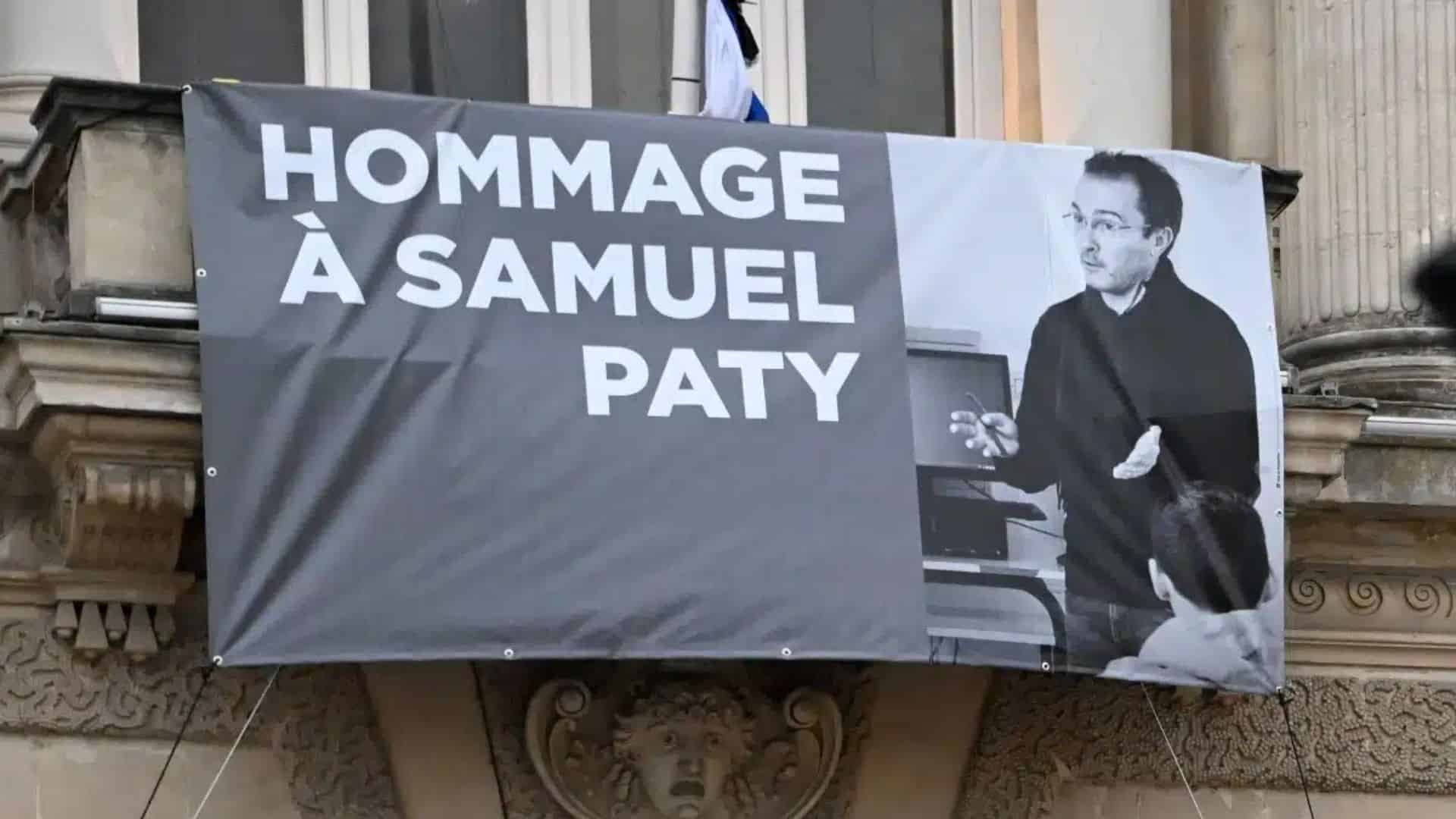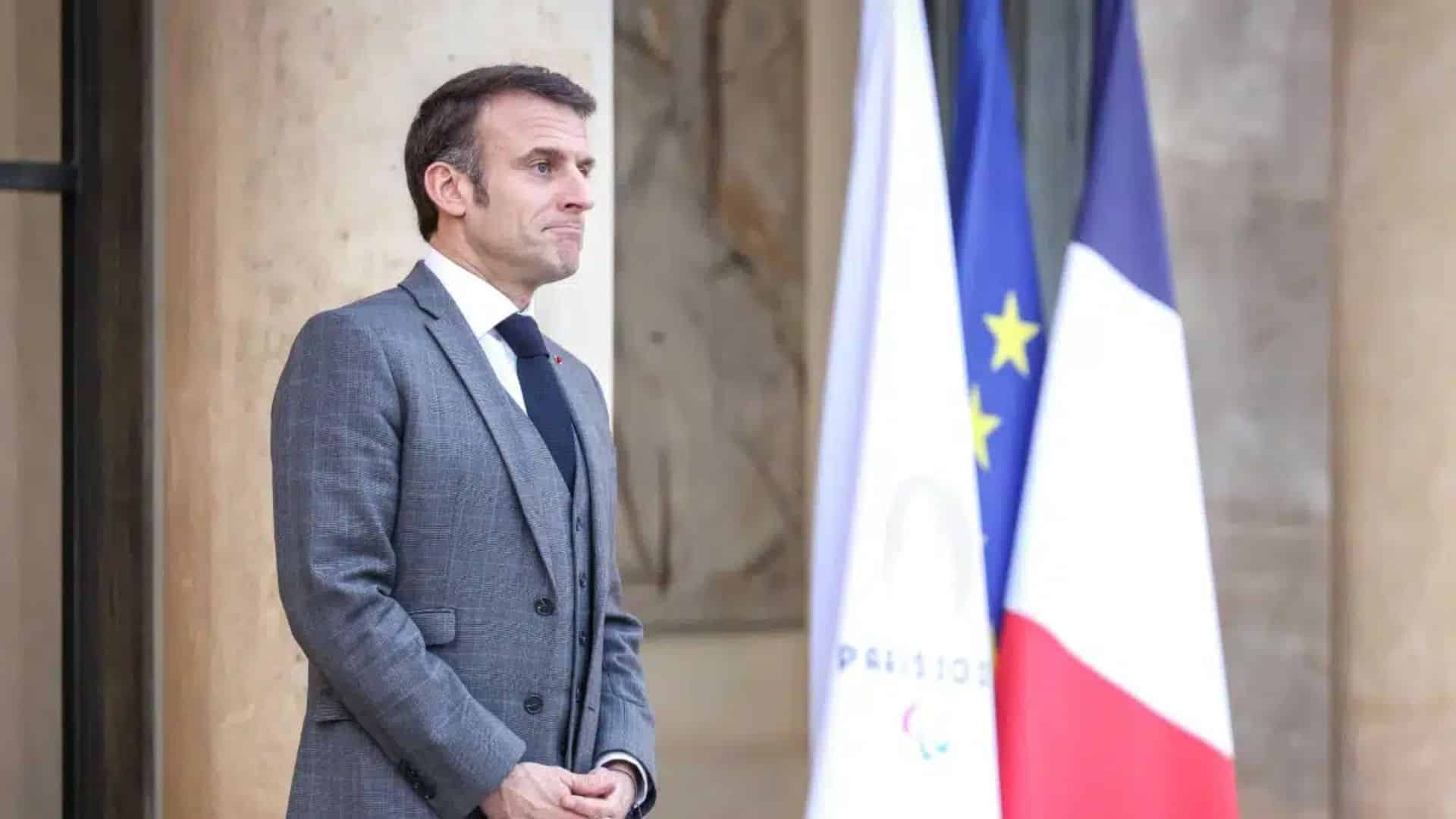
All EU countries, bar Hungary, call for eventual Gaza ceasefire
All member countries of the European Union, excluding Hungary, have jointly issued a call for a ceasefire in Gaza and have urged Israel to abandon its planned assault on Rafah. However, Hungary, under the leadership of Péter Szijjártó, declined to support this initiative, thereby thwarting EU efforts to collectively impose sanctions on violent Israeli settlers. This divergence of opinion led to an unusual situation where 26 out of 27 member states isolated Hungary and released their own statement advocating for an immediate humanitarian pause leading to a sustainable ceasefire in Gaza. Additionally, they urged Israel to reconsider its planned military action in Rafah, emphasizing the potential exacerbation of the already catastrophic humanitarian situation in the besieged Gaza Strip.
The failure to achieve unanimous support for these statements underscores the ongoing struggle within the EU to formulate a unified stance on the Middle East conflict. Hungary’s deployment of its veto power has compelled the European Council to explore alternative avenues to navigate around Hungary’s opposition in shaping the EU’s foreign policy decisions. The internal divisions within the EU have been further highlighted by the prolonged delay in approving sanctions on Israeli settlers, a move that has already been implemented by the UK and the US since December. The objections of certain member states, notably the Czech Republic and Hungary, stem from concerns that applying the same sanctions framework to settlers as to designated terrorist organizations like Hamas could send a politically misleading message.
While France has independently imposed sanctions on Israeli settlers, other member states such as Belgium, Ireland, and Spain have expressed their readiness to follow suit if the EU deadlock persists. The United Nations reports a significant increase in Israeli settler violence since the commencement of the conflict in Gaza, adding urgency to address the issue. Despite these challenges, the EU aims to play a constructive role in negotiating a peaceful resolution to the conflict, even as internal divisions continue to undermine its credibility. Josep Borrell, the EU’s high representative for foreign affairs, has affirmed the bloc’s commitment to exploring further actions against both Israeli settlers and Hamas militants for human rights violations and sexual violence. The decision-making process, however, remains in the stage of ongoing discussion within the EU, reflecting the complex dynamics and internal divisions that persist in addressing this multifaceted issue.

